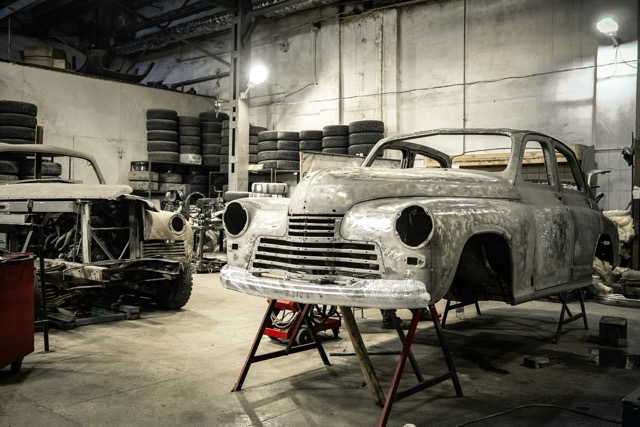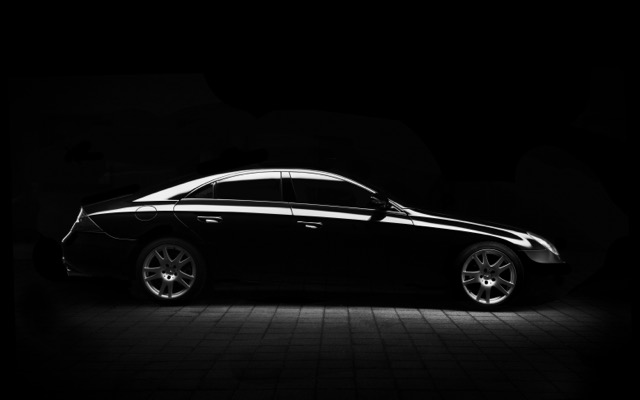Vehicle Identification Numbers (VINs) serve as the unique fingerprints of automobiles, providing essential information about a vehicle’s make, model, and history. For traditional vehicles, VINs are crucial for registration, insurance, and tracking ownership. However, custom and kit cars present a unique set of challenges in this regard. This article explores the role of VIN numbers in custom and kit cars, focusing on their importance, the challenges these vehicles face, proper registration methods, and the legal implications for owners.
Understanding VIN Numbers and Their Importance in Vehicles
VINs are 17-character alphanumeric codes assigned to vehicles by manufacturers, which serve multiple purposes. They provide a standardized method for identifying vehicles and are crucial for tracking ownership and history. Each character in a VIN conveys specific details about the vehicle, including the country of manufacture, manufacturer, vehicle type, and unique production number. This system not only aids in the identification of vehicles but also assists law enforcement in recovering stolen cars and helps potential buyers research a vehicle’s history.
In addition to identification, VINs play a vital role in safety recalls and insurance. When a manufacturer issues a recall, the VIN is used to determine which vehicles are affected, ensuring that owners receive timely notifications. Furthermore, insurance companies rely on VINs to evaluate coverage options and premiums. The accuracy of this information is paramount, as discrepancies can lead to complications in claims or legal disputes.
For traditional vehicles, the VIN is a straightforward and standardized process. However, the significance of VINs takes on a different dimension in the realm of custom and kit cars, where the creation and documentation processes can vary significantly from standard manufacturing practices.
The Unique Challenges for Custom and Kit Car VINs
Custom and kit cars often encounter unique challenges regarding VIN numbers, primarily due to their non-traditional assembly methods. Unlike factory-produced vehicles, which have a VIN assigned before leaving the assembly line, custom and kit cars may not have a predetermined VIN, especially if they are built from scratch or assembled from various components. This can create confusion and lead to difficulties in registration and compliance with regulations.
Another challenge arises from varying state laws governing VIN assignment and registration. Some states may allow builders to apply for a new VIN, while others may require the use of an existing VIN from a donor vehicle. This inconsistency can complicate the building process and lead to potential legal issues, especially if the builder is unaware of the specific requirements in their jurisdiction. Additionally, ensuring that all components of a custom or kit car are compliant with safety and emission standards can be a daunting task for builders.
Finally, the lack of a standardized process for VIN assignment can lead to potential issues regarding the car’s provenance and resale value. Buyers of custom and kit cars may have concerns about the vehicle’s history, including whether it was built legally and if it adheres to safety regulations. For builders, this can impact the desirability and marketability of their creations.
How to Properly Register Custom and Kit Cars with VINs
Proper registration of custom and kit cars begins with understanding the regulations in your state or region. Builders should research the specific requirements for VIN assignment and registration in their jurisdiction. In many cases, builders can apply for a new VIN through the Department of Motor Vehicles (DMV) or equivalent agency, which may require documentation such as receipts for parts and proof of the vehicle’s assembly. It’s essential to keep detailed records of the build process, as these documents may be needed for inspection and registration.
Once the appropriate VIN is obtained, the next step is to ensure that the vehicle meets all safety and emissions standards. Many states require custom and kit cars to undergo inspections to verify compliance. These inspections may address critical components such as braking systems, lights, and emissions devices. Having a thorough understanding of these requirements and ensuring that the vehicle meets them can facilitate a smoother registration process.
Finally, after successfully obtaining the VIN and passing inspections, builders can proceed with registration. This typically involves filling out forms at the DMV, providing proof of ownership for any donor vehicles, and paying the applicable fees. Once registered, the vehicle will receive a title that reflects its status as a custom or kit car, allowing owners to enjoy their vehicles legally on the road.
Legal Implications of VIN Numbers for Custom Car Owners
The legal implications of VIN numbers for custom car owners are significant and can have lasting effects on ownership and resale. Since VINs serve as the primary means of identifying a vehicle, any discrepancies or issues with the VIN can lead to legal disputes. For instance, if a custom car is registered using an incorrect or invalid VIN, the owner may face challenges in proving ownership or selling the vehicle in the future. This is why it is crucial for builders to follow state guidelines closely and ensure that all documentation is accurate.
Additionally, custom car owners must be aware of potential liability issues related to the modifications made to their vehicles. If a custom car does not comply with safety regulations or is involved in an accident, the owner may face legal repercussions. Insurers may also deny coverage if the vehicle is deemed unsafe or non-compliant based on its VIN registration. Therefore, understanding the legal landscape surrounding custom and kit cars is essential for protecting one’s investment.
Lastly, the resale of custom and kit cars can be affected by their VIN history. Potential buyers often conduct thorough checks on a vehicle’s history, and any issues with the VIN or concerns about the vehicle’s legitimacy can deter buyers or decrease the vehicle’s value. Custom car owners should ensure that they maintain accurate records and are transparent about the vehicle’s history when it comes time to sell, which can help mitigate any potential legal implications.
VIN numbers play a pivotal role in the world of custom and kit cars, serving as the foundation for identification, registration, and compliance. As these vehicles face unique challenges, including varying state laws and safety regulations, it is essential for builders and owners to navigate the complexities of VIN assignment and registration carefully. By understanding the legal implications and ensuring thorough documentation, custom car enthusiasts can enjoy their creations while safeguarding their investments in a legally compliant manner. This diligence not only enhances the enjoyment of custom vehicles but also contributes to a safer and more responsible automotive community.










